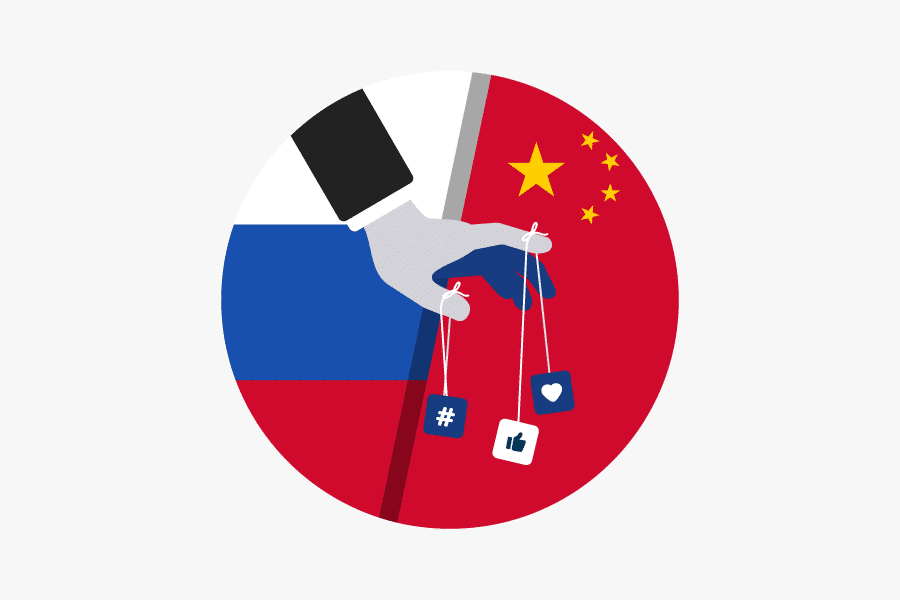The DOJ indicted a Russian national for his role in a campaign to undermine the U.S. election…and mine some cryptocurrency along the way. It is the latest evidence of Russia’s willingness to use cyber criminals to conduct state-sponsored espionage.
Russia
Episode 183: Researcher Patrick Wardle talks Zoom 0days and Mac (in)Security
You just reported a major security vulnerability in the Zoom platform. Now the CEO of Zoom wants to chat…via Zoom. What do you do? Security researcher Patrick Wardle of Jamf joins us to talk about it, his recent Zoom 0day, the state of Mac (in)security and his hot date in Moscow.
Episode 171: Stopping the 21st Century’s Plumbers – Defending Digital Campaigns from Hackers
In this week’s episode of the podcast (#171): as voters go to the polls in the UK and primaries loom here in the U.S., we sit down with Michael Kaiser, the CEO of a new group: Defending Digital Campaigns and Joel Wallenstrom, the CEO of secure collaboration platform Wickr to discuss efforts to extend an information security lifeline to political campaigns in an era of epidemic campaign hacking and online disinformation.
Episode 155: Disinformation is a Cyber Weapon and APTs warm to Mobile Malware
In this week’s episode of the Podcast (#155): Jerome Segura of Malwarebytes joins us to talk about how disinformation campaigns and cyber crime are part of the same toxic cocktail in the world’s trouble spots, like Ukraine. Also: Adam Meyers of CrowdStrike joins us to talk about that company’s first ever report on mobile malware, which is gaining currency with advanced persistent threat (APT) groups.
Report: China, Like Russia, Uses Social Media to Sway U.S. Public Opinion
Russia isn’t the only nation using social media sites like Facebook, Twitter and Instagram to spread its political message across in the United States; China also is using social media–albeit in different ways–to sway public opinion and make the Communist country look favorable to the American public, research has found. China’s state-sponsored media is using English-language social-media operations–including targeted advertisements on Facebook–to push positive propaganda about the country to American users, according to a new assessment from security intelligence firm Recorded Future. It’s already well known that Russia has used U.S. social media to sway not just public opinion but also results in the 2006 U.S. presidential election. Now the research takes a deeper dive into how China is doing something similar, although to support a different political agenda, according to a blog post outlining the findings by Recorded Future’s Insikt Group. “These differences in technique are driven by dissimilar […]





